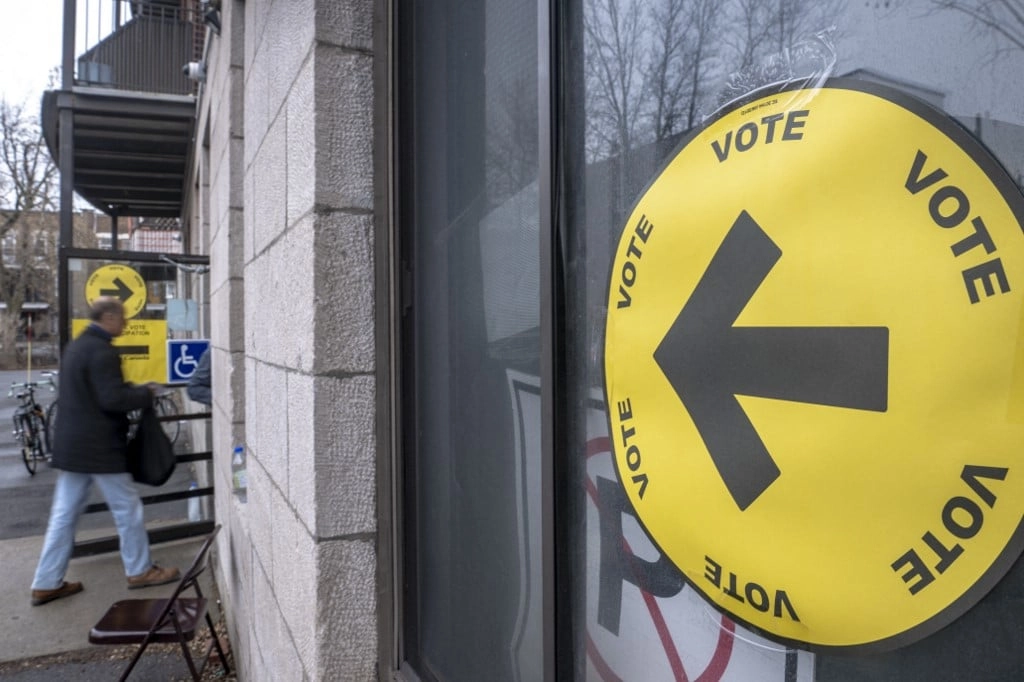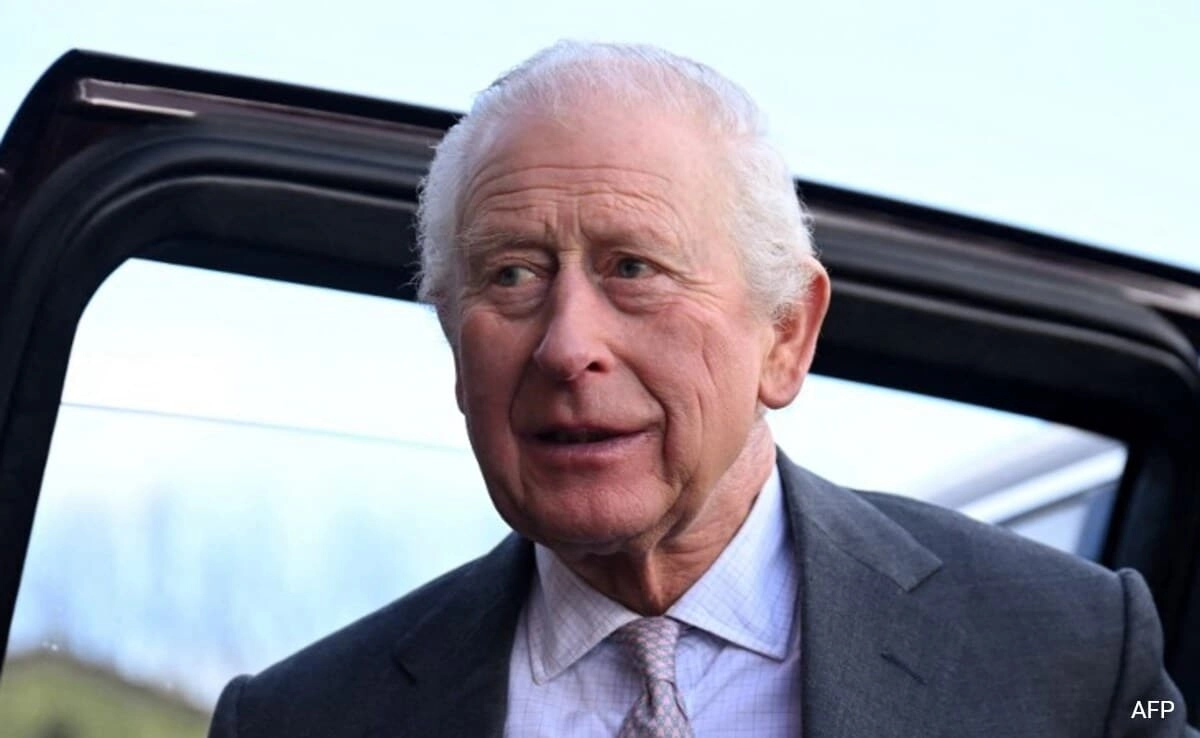Ryan Routh, a man previously convicted for his involvement in a plot to assassinate former President Donald Trump, recently made headlines again when he attempted to stab himself during a court hearing. The incident unfolded dramatically in the courtroom, drawing immediate attention from law enforcement and the legal community alike. Routh’s actions not only raised concerns about his mental well-being but also highlighted the intense emotions and pressures surrounding high-profile legal cases involving political figures.
Routh was already under scrutiny for his previous conviction related to a serious crime that involved a conspiracy to harm a sitting president. The nature of his crime had attracted significant media coverage, and his behavior in court only added to the sensationalism surrounding his case. Witnesses described the courtroom atmosphere as tense and charged, with Routh’s unexpected attempt to inflict harm on himself shocking those present. This incident serves as a stark reminder of the psychological toll that such cases can take on individuals, particularly those who find themselves embroiled in politically motivated crimes.
Mental health issues are often a critical factor in understanding the motivations and actions of individuals involved in violent plots. In Routh’s case, his attempt to stab himself could indicate a deeper struggle, potentially exacerbated by the gravity of his actions and the consequences he faces. Legal experts suggest that incidents like this can complicate ongoing legal proceedings, as mental health evaluations may become necessary to assess the defendant’s state of mind. Furthermore, it raises questions about the adequacy of mental health support within the criminal justice system, particularly for those involved in politically charged cases.
As the legal proceedings against Routh continue, the implications of his actions extend beyond his personal circumstances. They reflect broader societal concerns regarding political violence, mental health awareness, and the treatment of individuals within the justice system. The courtroom incident underscores the importance of addressing mental health issues early on, particularly for individuals facing serious charges. Ultimately, Routh’s case serves as a significant point of discussion about the intersection of mental health and criminal justice, prompting a reevaluation of how such cases are handled in the future.




